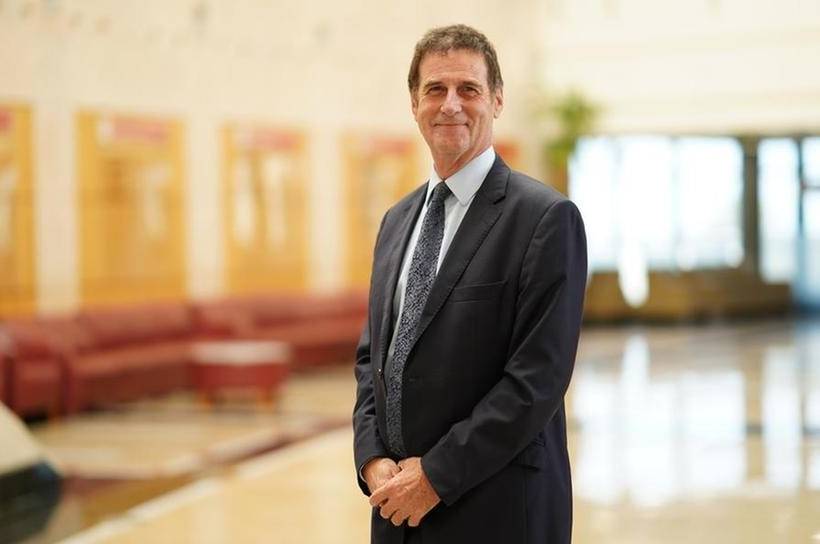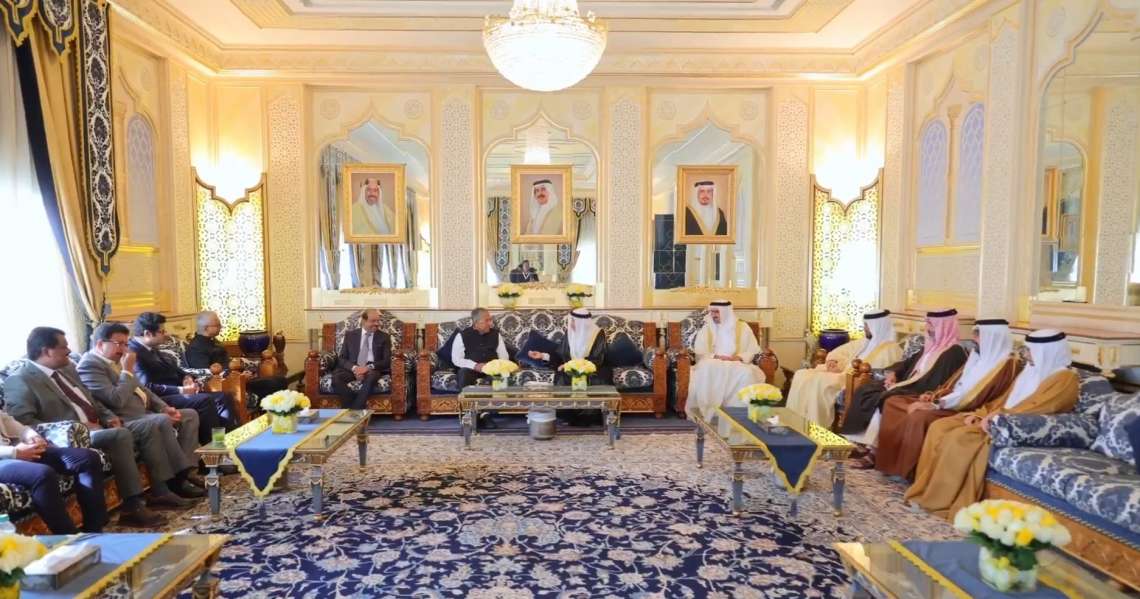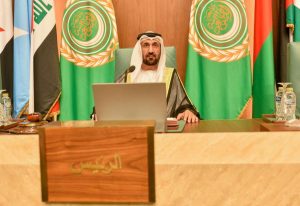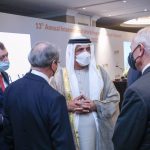The goal of the ongoing research led by the RCSI Bahrain research team is to find an alternative cure for diabetes that is more feasible…reports Asian Lite News
To address the prevalence of diabetes in Bahrain and the region, Professor Alexandra Butler, Senior Research Fellow and Lead of Diabetes & Islet Cell Biology research, and Professor Shahryar Khattak, Senior Research Scientist and Lead of Stem Cell & Genome Engineering research, from the Royal College of Surgeons in Ireland – Medical University of Bahrain (RCSI Bahrain) are collaborating on their ongoing research to explore the use of stem cells to find a feasible cure for diabetes.
Patients who suffer from diabetes have low numbers of beta cells (the cells in the pancreas that make insulin, a hormone that controls the blood glucose level) and therefore these patients have high levels of glucose in the blood. Treating these patients with insulin is essential for those with Type 1 diabetes and, together with other therapies, necessary for some patients with Type 2 diabetes; however, administration of insulin requires careful management and can have negative long term effects on a patient’s health.
To date, transplantation of either the entire pancreas or islets isolated from a pancreas, represent the only available cure option; such transplantation procedures have had varying degrees of success and still present multiple challenges, such as a lack of available donors and the need for life-long immunosuppression to avoid the immune system attacking and destroying the transplanted beta cells.
ALSO READ: Jackfruit flour, a new tool to control diabetes
The goal of the ongoing research led by the RCSI Bahrain research team is to find an alternative cure for diabetes that is more feasible in terms of the ease of the surgical procedure, compatibility with the patients’ health conditions, scalability to a larger number of patients and cost-effectiveness. Current research being developed at RCSI Bahrain will utilise beta cells derived from stem cells, which will be transplanted within an encapsulation device.
RCSI Bahrain is collaborating with a UK-based company to develop novel encapsulation devices using a range of biomaterials as a preferred option, due to their availability in large quantities and cost-effectiveness. An ideal encapsulation device must protect the cells from the autoimmune attack, must not cause a foreign body reaction or lead to the development of fibrosis and provide a suitable environment in which the cells can survive and function, all of which are offered by the developed biomaterial technology.
Professor Stephen Atkin, Head of School of Postgraduate Studies and Research, who also oversees the RCSI Bahrain Clinical and Biomolecular Research Centre and all research initiatives: “The collaborative research being undertaken by Professor Alexandra Butler and Professor Shahryar Khattak in developing a cure for diabetes is a research priority at the Research Centre, where contributing to the development of a cure will be a major step in the lives of diabetic patients and advancing their quality of life.”
Experiments conducted by Professor Butler and her team at the RCSI Bahrain Clinical and Biomolecular Research Centre, to test the use of biomaterials both in vitro and in vivo, showed that the use of biomaterials did not affect cell viability or function in vitro, nor did they cause inflammation or fibrosis in vivo, making these biomaterials a potentially excellent solution for cell-encapsulation.
ALSO READ:
The second area of the ongoing research to find a cure for diabetes is led by Professor Khattak, who is working with his team at the Stem Cells & Genome Engineering Unit, to produce stem-cell derived beta cells, which Professor Butler will use for the encapsulation devices. By using human pluripotent stem cells, Professor Khattak and his team were able to generate pancreatic beta cells, which were functional and able to produce insulin when checked for responsiveness to glucose.
Although there are limitations to the current stem cell to beta cell protocols, the next steps of the ongoing research will be to design a human-compatible encapsulation device for transplantation and explore the potential of the combined procedure in potential human clinical trials.
The RCSI Bahrain Clinical and Biomolecular Research Centre promotes teaching and research focused on the national healthcare priorities with the mission to specifically address prevalent health conditions and health diseases in Bahrain and beyond.













